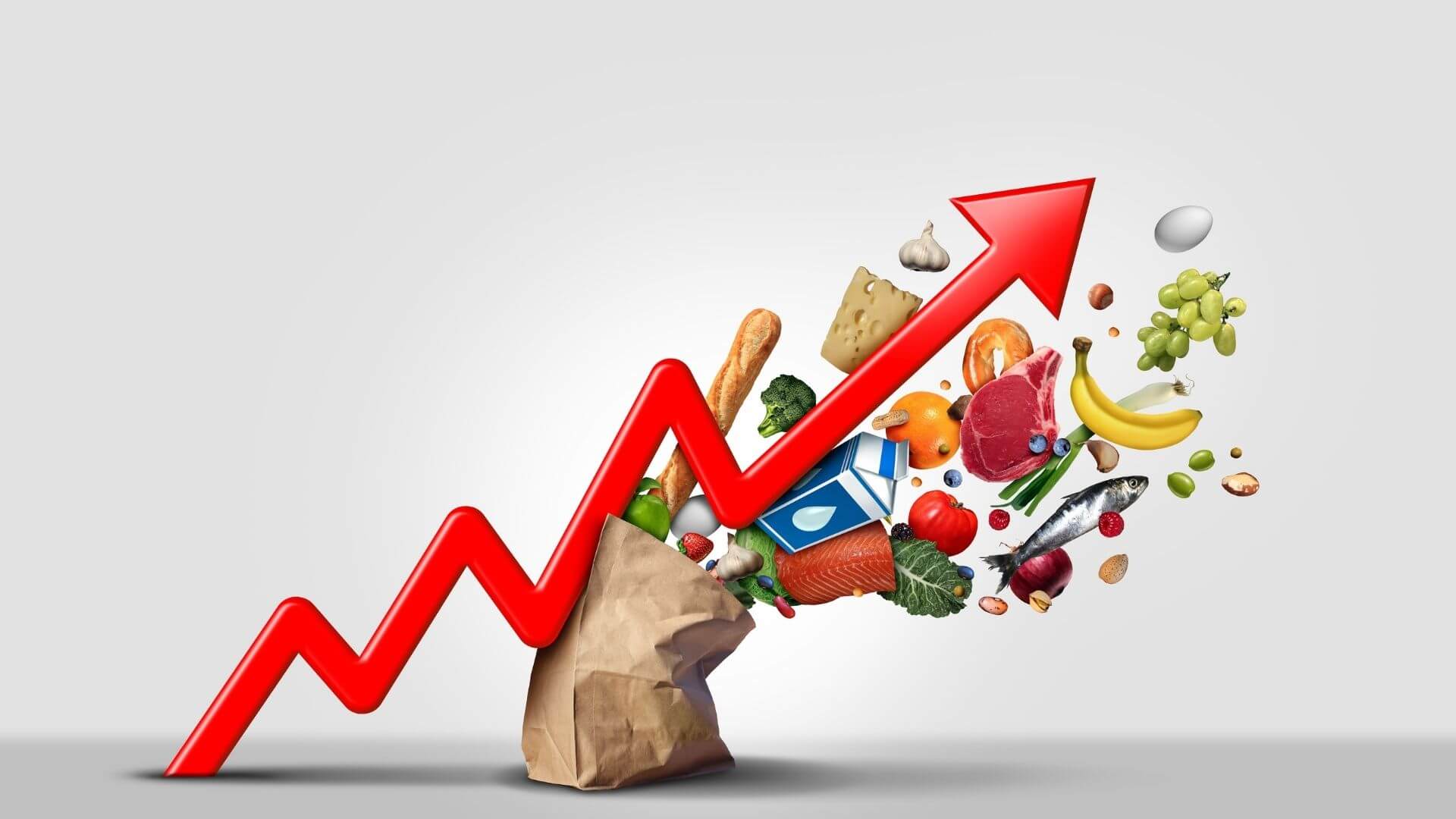Why corporate sustainability matters
In 1987, the United Nations Brundtland Commission defined sustainability as “meeting the needs of the present without compromising the ability of future generations to meet their own needs.”
In the past, sustainability was often only seen as a buzzword in the PR toolkit. However, during the past few years, it has become a concept of the utmost importance.
A few key dates
The United Nations Global Compact, launched in 2000, is a multi-stakeholder leadership initiative that aims to align business strategies and operations with ten universally accepted principles in multiple areas, including human rights, labor, environment, and anti-corruption, and to drive efforts in support of broader UN goals.
In early 2005, Kofi Annan, the former United Nations Secretary-General, invited a 20-person group of the world’s largest institutional investors from 12 countries to participate in the development of the Principles for Responsible Investment (PRI), with the support of a 70-person group of experts in the investment industry, intergovernmental organizations, and civil society. The PRI helped provide a definition of sustainable investment and the actions that ensure that money is invested in a proper and wise way. However, it would take another ten years for these investment criteria to spread further.
2015 was a turning point for business sustainability. The Paris Agreement, a legally binding international treaty on climate change, was adopted by 196 parties at COP 21 in Paris on December 12th, 2015, and entered into force on November 4th, 2016. It is aiming at “holding the increase in the global average temperature to well below 2°C above pre-industrial levels and pursuing efforts to limit the temperature increase to 1.5°C above pre-industrial levels”. The Paris Agreement is a landmark in the climate change process since it is the first binding agreement that brought all nations together for a common cause: combatting climate change and adapting to its effects.
The year also marked the foundation of the Science Based Targets initiative (SBTi), a partnership between CDP, the United Nations Global Compact, the World Resources Institute (WRI) and the World Wide Fund for Nature (WWF). Science-based targets show how much and how quickly businesses need to reduce their GHG emissions to prevent the worst impacts of climate change, creating a path towards decarbonization.
In 2018, the Intergovernmental Panel on Climate Change (IPCC) warned that global warming must not exceed 1.5°C above pre-industrial temperatures to avoid the catastrophic impacts of climate change. In order to achieve this target, greenhouse gas (GHG) emissions must decrease by about 45% by 2030 (2010 baseline) and reach net zero by 2050.
Sustainability criteria and their impact
Sustainability is evaluated using environmental, social, and governance (ESG) factors:
- The Environmental category focuses on the impact a company has on the environment, e.g., Scopes 1-3 GHG emissions, resource and waste management, water use and conservation, the share of renewables in the energy mix, etc.
- The Social category considers the social impact a company has within society, as well as whether and how it advocates for social good and change. Indicators relate to stances and efforts on social issues including racial and gender diversity and inclusion, employee development, human rights, operational health and safety, stakeholder, and community engagement, etc.
- The Governance category refers to the ways a company is managed, or “governed”, to address issues and drive positive change. Indicators in this category include quality and diversity of management and the board, executive compensation, corporate ethics, transparency and disclosure, corporate political contributions, etc.
These three categories allow companies to create a holistic approach for business strategies, risk mitigation, and reporting.
Investors are also increasingly turning to ESG investing, which incorporates these factors into investment decisions, spurred by growing evidence that ESG integration in business decisions has a positive impact:
- 57 percent of executives and investment professionals in McKinsey’s Global Survey agree that ESG programs create shareholder value, and 83 percent believe that these programs will create even more value by 2025. Respondents also indicated they would be willing to pay a premium to acquire companies with a positive ESG record.
- In Accenture’s 2020 report titled “Seeking Responsible Leadership”, 2,540 publicly listed companies were examined between 2015 and 2018. Results show that companies that combine high levels of innovation with sustainability and trust outperform their industry peers, with 3.1% higher operating profits and greater returns to shareholders.
- S&P Global Market Intelligence analyzed 26 ESG exchange-traded funds and mutual funds, with more than $250 million in assets under management, between March 2020 and March 2021. 19 of those funds performed better than the S&P 500. Outperformers rose between 27.3% and 55% over that period, while the S&P increased 27.1%.
On the other hand, companies that are seen as not making enough efforts on ESG issues are facing mounting pressure from stakeholders, and operational consequences:
- Two shareholders in the Commonwealth Bank of Australia (CBA) filed an application in the Federal Court of Australia in August 2021 seeking access to all documents created by the CBA in relation to the bank’s reported involvement in seven specified gas and fossil fuel projects. It is anticipated that the plaintiffs may bring a substantive claim against CBA if the documents produced demonstrate that the projects did not satisfy CBA’s Environmental & Social Policy.
- In May 2022, both ExxonMobil and Chevron, the two largest US oil companies, suffered shareholder rebellions led by climate activities and disgruntled institutional investors over their failure to set a strategy for a low-carbon future. This comes one year after a court in The Hague ordered Royal Dutch Shell to cut its global carbon emissions by 45% by the end of 2030 (2019 baseline), in a landmark case brought by the environmental organization Friends of the Earth and over 17,000 co-plaintiffs.
- Also in May 2022, nearly half of Berkshire Hathaway’s independent investors rejected the advice of the board led by chairman and CEO Warren Buffet, instead supporting proposals requesting climate-change-related reports and reporting on Berkshire’s diversity, equity, and inclusion efforts.
Collaboration is essential
Some companies have gone beyond their own operations and are trying to catalyze ESG efforts not only along the value chain, but also for whole industries.
For example, in 2015, Apple launched the Supplier Clean Energy Program, which allows the company to not only share resources and training material on renewables but also to participate in clean energy investments by suppliers.
In November 2021, Schneider Electric announced a collaboration in the same field with 10 global pharmaceutical companies, namely AstraZeneca, Biogen, GlaxoSmithKline, Johnson & Johnson, MSD, Novartis, Novo Nordisk, Pfizer, Sanofi, and Takeda. The new program, called Energize, will give suppliers of these companies the opportunity to participate in the market for power purchase agreements.
Other companies have partnered with banks to link supply chain financing to ESG assessments. Henkel and Deutsche Bank announced such a partnership in May 2022, creating incentives for suppliers who can lower their costs by improving their ESG rating.
Finally, various initiatives, whether sector-specific or not, have been able to gather pledges and commitments towards different targets. RE100, for example, brings together some of the largest companies in the world that are committed to 100% renewable electricity. Race to Zero is the UN-backed global campaign rallying non-state actors to take rigorous and immediate action. As part of the Race to Zero Breakthroughs: Retail Campaign, companies such as Best Buy, H&M Group, Ingka Group (IKEA), Kingfisher Plc, and Walmart have pledged their support to accelerate a movement in the retail industry to drive climate action and encourage other retailers to set out their plans to achieve 1.5 degree aligned carbon reduction targets.
By raising awareness and engaging several stakeholders, these efforts—whether through incentives, resource and knowledge sharing, or other means—are important steps on the path to sustainability. In 2021, the first publication from the IPCC’s sixth assessment showed that the world will probably reach or exceed 1.5 °C of warming within just the next two decades. If emissions aren’t slashed in the next few years, this will happen even earlier. Whether we limit warming to this level and prevent the most severe climate impacts depends on actions taken now.
Jihane Benazzouz
Sources:
https://www.un.org/en/academic-impact/sustainability
https://www.unpri.org/about-us/about-the-pri
https://www.weforum.org/agenda/2022/02/sustainable-investing-esg-finance-future-norm/
https://unfccc.int/process-and-meetings/the-paris-agreement/the-paris-agreement
https://www.un.org/en/climatechange/paris-agreement
https://www.ipcc.ch/site/assets/uploads/sites/2/2018/12/SR15_FAQ_Low_Res.pdf
https://sciencebasedtargets.org/about-us
https://www.wri.org/insights/ipcc-climate-report
https://www.ipcc.ch/site/assets/uploads/sites/2/2022/06/SPM_version_report_LR.pdf
https://online.hbs.edu/blog/post/sustainable-investing
https://www.accenture.com/us-en/insights/consulting/responsible-leadership
https://www.there100.org/about-us
https://racetozero.unfccc.int/join-the-race/
https://racetozero.unfccc.int/system/race-to-zero-breakthroughs-retail-campaign/
https://www.ipcc.ch/report/ar6/wg1/downloads/report/IPCC_AR6_WGI_SPM.pdf
You may also like
Warning: Undefined variable $content in /var/www/sdomains/nexatestwp.com/infomineo.nexatestwp.com/public_html/wp-content/themes/infomineo/single.php on line 235
Warning: Undefined variable $content in /var/www/sdomains/nexatestwp.com/infomineo.nexatestwp.com/public_html/wp-content/themes/infomineo/single.php on line 235
Warning: Undefined variable $content in /var/www/sdomains/nexatestwp.com/infomineo.nexatestwp.com/public_html/wp-content/themes/infomineo/single.php on line 235
Warning: Undefined variable $content in /var/www/sdomains/nexatestwp.com/infomineo.nexatestwp.com/public_html/wp-content/themes/infomineo/single.php on line 235
Warning: Undefined variable $content in /var/www/sdomains/nexatestwp.com/infomineo.nexatestwp.com/public_html/wp-content/themes/infomineo/single.php on line 235
Warning: Undefined variable $content in /var/www/sdomains/nexatestwp.com/infomineo.nexatestwp.com/public_html/wp-content/themes/infomineo/single.php on line 235
Warning: Undefined variable $content in /var/www/sdomains/nexatestwp.com/infomineo.nexatestwp.com/public_html/wp-content/themes/infomineo/single.php on line 235
Warning: Undefined variable $content in /var/www/sdomains/nexatestwp.com/infomineo.nexatestwp.com/public_html/wp-content/themes/infomineo/single.php on line 235
Warning: Undefined variable $content in /var/www/sdomains/nexatestwp.com/infomineo.nexatestwp.com/public_html/wp-content/themes/infomineo/single.php on line 235
Warning: Undefined variable $content in /var/www/sdomains/nexatestwp.com/infomineo.nexatestwp.com/public_html/wp-content/themes/infomineo/single.php on line 235












